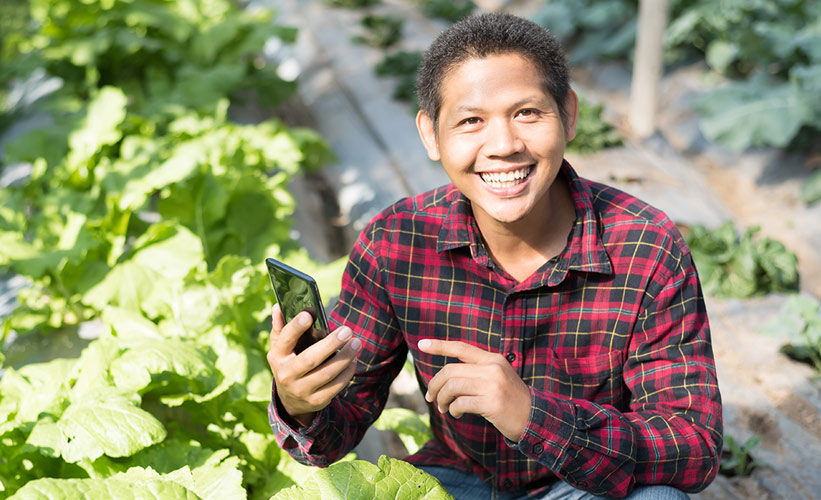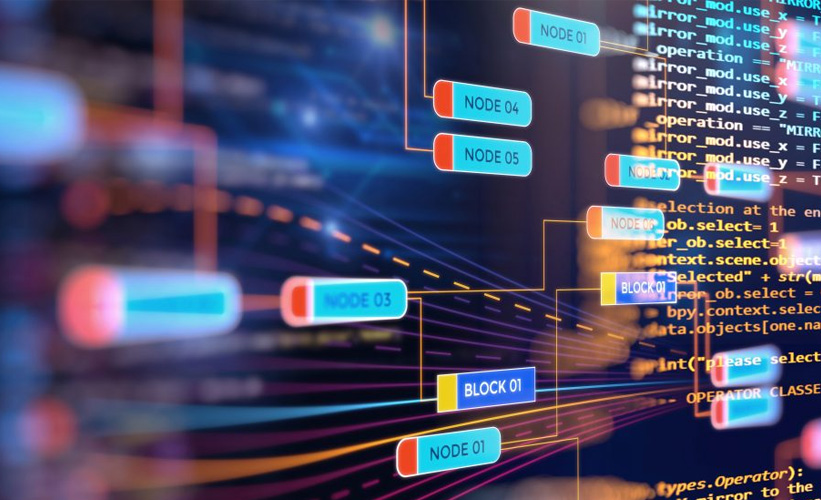Social innovation

Telenor is dedicated to developing and leveraging technology in new and innovative ways to enable social innovation, reduce inequality and promote digital inclusion.
Providing people with innovative digital tools and mobile technologies has the potential to meaningfully improve quality of life, increase efficiency, decrease inequality and empower people to take on social, economic and environmental challenges.
Digital birth registration
Around the world, one in four children under the age of five remains unregistered at birth, limiting their access to essential services such as healthcare and education and increasing risks such as child labour and underage marriage. People who are unable to prove their identity are disenfranchised, and this lack of inclusion is something we are continuously working to change (SDG 10). In partnership with UNICEF and local governments, we developed and in 2016 launched an app to digitally register births using mobile technology. The aim was to provide official identities through digital birth registration for children living in areas with low registration rates, such as in parts of Pakistan and Myanmar.
In December 2021, Telenor Pakistan and UNICEF sustainably handed over the Digital Birth Registration (DBR) system to the Punjab and Sindh governments in Pakistan. The births of 2,516,181 children were registered overall in select districts of Punjab and Sindh. The local governments have now taken over the DBR project to scale it across the provinces, DBR will continue to serve as a case study on how technology and partnerships can create positive impact for societies Telenor operates in, and an inspiration to leverage technology for greater social good.
Read more about how we ran our Digital birth registration projects in Pakistan and Myanmar.
Smart farming
The UN projects a world population of 9.7 billion people by 2050. Agriculture will be more important than ever before as we seek to find new and innovative ways to increase food production. We are promoting the adoption of ICT in less developed countries (SDG 9) to help make small-scale farming practices more resilient and to promote more sustainable production and consumption patterns, which is particularly important due to changing weather patterns and other impacts of climate change (SDG 13). The Internet of Things (IoT) will serve an important role in the future of farming, which is why we are continuing to support rural farmers through a variety of mobile services.
Related initiatives
Khushhaal Zamindar, our digital platform launched in 2015 in Pakistan, provides localised weather forecasts and agricultural advice, as well as COVID-19 advisories in more recent times.
Kaset GO, in Thailand is our mobile application that enables rural farmers to connect to agricultural experts who can provide reliable and individualised insights.

Leveraging big data for social good
The COVID-19 pandemic has served to reinforce the important role that leveraging mobile technology can play in creating a positive impact on society. We have built on our previous experience to utilise big data in predicting and preventing disease spread, and this time we have assisted to prevent the spread of the novel coronavirus in Norway. Our aim is both to help manage the risks associated with global socioeconomic events and to contribute to the creation of a more equal, sustainable and resilient future.
Related initiatives
In Norway, we are providing necessary information through mobility analytics that will allow health authorities to examine and plan government actions such as school closures, thereby reducing the spread of COVID-19. Our efforts have been recognised by both national and international media.
By leveraging our experience utilising mobility data to understand the spread of dengue fever in Pakistan and malaria in Bangladesh, we are helping to predict and prevent the spread of the coronavirus.